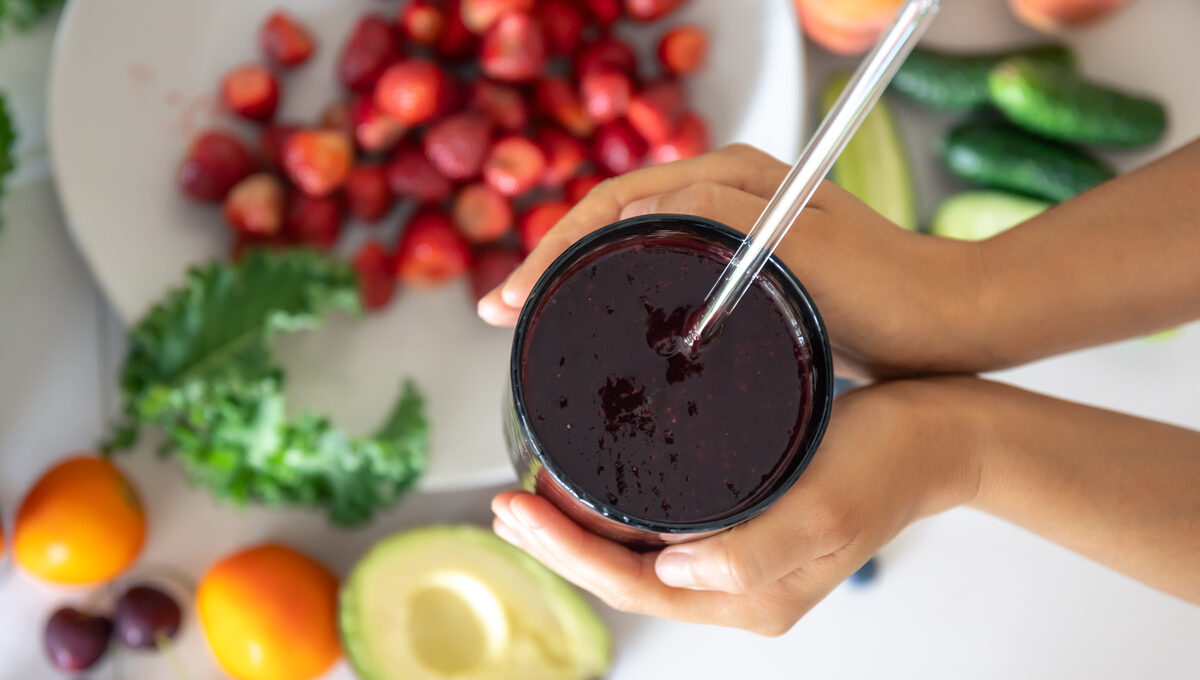The connection between diet and skincare has gained increasing attention in recent years. While topical products play a significant role in maintaining healthy skin, what you eat can also profoundly impact your skin’s appearance and overall health. In this article, we explore how your diet affects your skin, the role of specific nutrients, and how making mindful dietary choices can lead to a clearer, more radiant complexion.
You are what you eat. What you put into your body can have a huge impact on your skin’s health.
Dr. Jane Smith
The Link Between Diet and Skin Health
The saying “you are what you eat” rings true when it comes to skincare. What you consume has a direct effect on your skin’s health, as nutrients from your diet influence cellular function and the skin’s ability to repair itself. A balanced diet rich in vitamins, minerals, and antioxidants can enhance skin elasticity, reduce inflammation, and promote a youthful glow.
The Impact of Hydration on Your Skin
One of the most critical factors for healthy skin is hydration. Drinking adequate amounts of water helps to keep the skin hydrated from within, preventing dryness and flakiness. Water also helps flush out toxins that can contribute to skin issues such as acne and dullness.
Essential Nutrients for Glowing Skin
Certain nutrients are particularly beneficial for skin health. Vitamin C, for example, is renowned for its role in collagen synthesis, which helps maintain skin firmness and elasticity. It also acts as an antioxidant, protecting the skin from environmental damage. Foods rich in vitamin C, such as oranges, strawberries, and bell peppers, should be incorporated into your diet to support skin health.
Omega-3 fatty acids, found in fatty fish like salmon, walnuts, and flaxseeds, are another crucial component. These healthy fats help to maintain the skin’s lipid barrier, preventing moisture loss and reducing inflammation.
The Effects of Sugar and Processed Foods on Skin
While certain foods can benefit your skin, others may have adverse effects. High sugar and processed food intake can lead to inflammation and exacerbate skin conditions such as acne and premature aging. Sugar causes a process called glycation, where excess sugar in the bloodstream binds to proteins like collagen and elastin, leading to a loss of skin elasticity and the formation of wrinkles. Processed foods, often high in unhealthy fats and additives, can contribute to inflammation and breakouts.
The Role of Antioxidants in Skin Protection
Antioxidants play a pivotal role in protecting the skin from oxidative stress caused by free radicals. Free radicals can damage skin cells and accelerate the aging process. Foods rich in antioxidants, such as berries, nuts, and dark leafy greens, help neutralize these harmful molecules. “Incorporating a variety of antioxidant-rich foods into your diet can help protect your skin from environmental damage and support its natural repair processes,” advises Dr. Smith.
How Balanced Meals Promote Healthy Skin
A balanced diet that includes a variety of nutrient-dense foods can lead to healthier skin. Incorporating a mix of fruits, vegetables, whole grains, lean proteins, and healthy fats ensures that your skin receives the essential nutrients it needs to function optimally. “Eating a diverse range of whole foods provides the vitamins and minerals necessary for skin health, helping to promote a clear and radiant complexion,” says Davis.
The Impact of Alcohol and Caffeine on Skin Health
Alcohol and caffeine can also affect your skin. Alcohol is a diuretic, which means it can lead to dehydration and exacerbate skin dryness. Additionally, excessive alcohol consumption can impair liver function, affecting the skin’s ability to detoxify effectively. Caffeine, when consumed in moderation, generally has less impact, but excessive intake can lead to dehydration and skin dullness.
Mindful Eating for Better Skin
Being mindful of what you eat can have a significant impact on your skin. Focus on consuming whole, unprocessed foods and stay hydrated to support overall skin health. Regularly incorporating nutrient-rich foods into your diet and avoiding excessive sugar and processed products can help achieve a glowing, healthy complexion.
Conclusion
Diet plays a crucial role in skincare, influencing everything from hydration to inflammation. By understanding the impact of different nutrients and making informed dietary choices, you can enhance your skin’s health and appearance. Remember, a balanced diet that includes a variety of vitamins, minerals, and antioxidants is key to achieving and maintaining radiant skin. As Dr. Jane Smith emphasizes, “The foods you choose to eat can significantly impact your skin’s health and appearance, making diet an essential component of any skincare regimen.”
By paying attention to what you eat and making mindful choices, you can support your skin’s natural beauty from the inside out, leading to a healthier, more vibrant complexion.






Leave a Comment